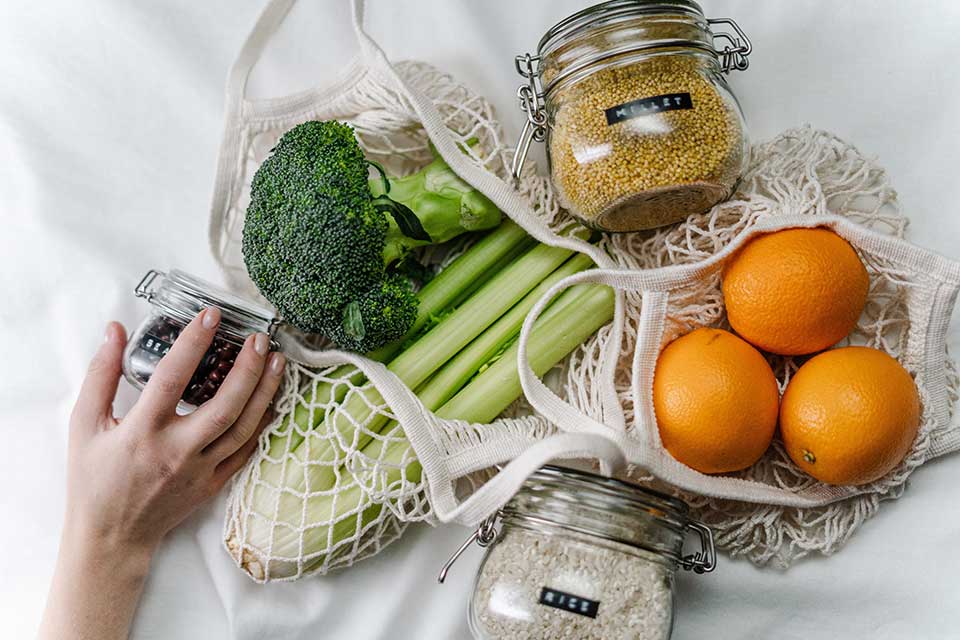Misinformation, misunderstanding, and greenwashing are some of the largest challenges facing the sustainable fashion industry. Many well-meaning customers can be easily fooled by big brands making eco-loving claims when in reality they’re spending more time, energy, and money to cover up some less-than-sustainable secrets of their products.
We thought it would be helpful to put together a glossary of terms to make it easy to understand the phrases used in our industry. Ask questions and hold brands accountable to their claims so you can be sure your dollars are spent supporting what you believe.
Artisan Made
This term describes products created by an individual or a community based on specific learned skills, techniques, or traditions passed down between generations. Pieces are typically made in small quantities due to the high level of detail. Artisans usually work in skill areas, either in a type of material or a type of product. For example, a wood carver probably wouldn’t also make ceramic pieces.
Eco-Friendly
A material or production processes that use earth-friendly practices and materials to create their products. This can designate the earth-friendly nature of the materials used to make a product (like fast-growing, renewable resources like bamboo, upcycling/repurposing existing material to avoid them ending up in a landfill, or using vegetables to create natural dyes). This term can also designate overall business practices like carbon offset partnerships.
Ethical
A general term to describe a business’ commitment to apply ethical practices to any portion of their supply chain and that the business is attempting to make a positive impact. This term alone can be vague so customers should look for more specifics outlined by the brand.
Fair Trade
A partnership between businesses and suppliers dedicated to improving the labor conditions and quality of life for marginalized producers in production supply chains. This practice encourages businesses to work with people in marginalized communities that may not typically have access to sell in the global marketplace. Brands embracing Fair Trade typically have product designs not seen in traditional retail, created using traditional techniques and exclusive materials.
Fair Wage
The practice of providing a living wage based on what an individual should make to support themselves and their family on a consistent basis. Fair wages are determined through conversations with the makers themselves, a common practice is to add an additional 10%-50% onto the minimum wage of a region to ensure the cost of living is covered. Our makers are in complete control of the prices they charge (and we also ensure they aren’t charging too little for their labor and materials as well). By visiting our artisans and understanding the regions in which they live, we are able to better understand their cost of living needs. We also use tools like the Fair Wage Guide to ensure appropriate compensation.
Fast Fashion
An approach to designing, creating, and producing products based on trends that will be gone quickly. Often you’ll find cheap materials and undesirable labor practices behind these labels which help them to be sold at too-good-to-be-true prices. This practice can result in overproduction, waste, and the exploitation of workers.
Handmade
A craft that is largely produced by a skilled artisan using mostly manual labor. Handmade products can include some machine-made materials like hand-loomed fabrics, soldered metals, and drum dyed natural materials. The use of these machines aid in increasing efficient production but the final product will still maintain a handmade feel. When educated on these special techniques, customers appreciate the handmade nature of these styles which add to the product’s value.
Sustainable
A manner of production that aims to minimize negative influences throughout the supply chain that suggests a brad creates good and does not harm the environment. It’s a good idea to look for further proof at how a brand backs up the use of this term with specific actions. This term can also apply to sustainable labor by committing to long-term partnerships providing consistent work.
Traditional Craft
Handcrafted products created using simple or complex techniques which have historic or cultural significance. This work usually involves an individual or a community of skilled artisans who have perfected a skill over generations. This category is more specific than handmade crafts, methods of production have been preserved for up to thousands of years with little intervention from modern technology. Like handmade crafts, customers appreciate the one-of-a-kind nature of these products along with its ties to the culture it came from. Examples include wood and bone inlay, block printing, and hand embroidery.
Zero Waste/Upcycling
The business practice of reducing material waste and repurposing remaining waste materials into reusable resources. Materials that may not seem eco-friendly on the surface can become eco-friendly if they are repurposed—an easy example of this is thrift shopping; it’s better to find new uses for old items than to simply throw them away. This can be a challenging concept to implement for many brands due to its strict conservation of materials throughout the supply chain. If zero waste isn’t possible, small steps over time and communicating a commitment to reducing waste are appreciated by even the most environmentally conscious consumers.














